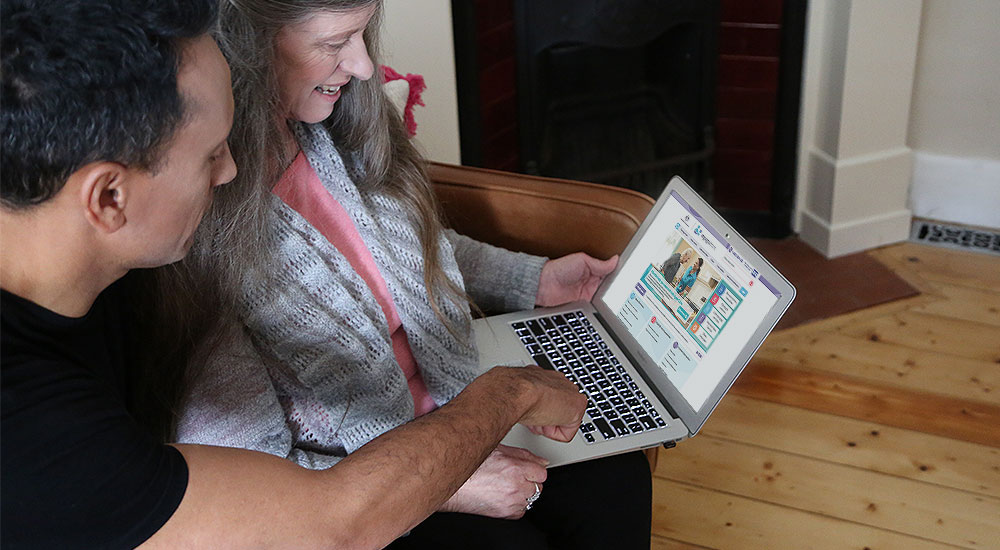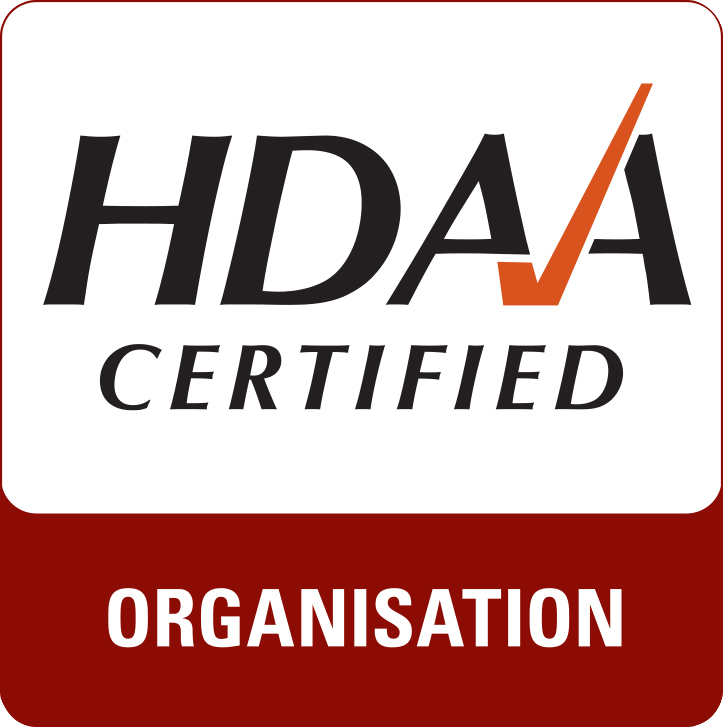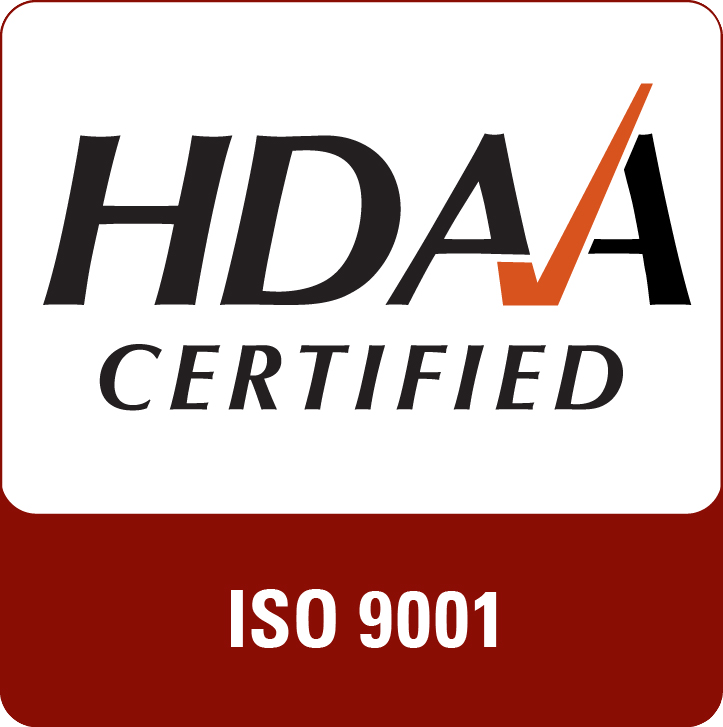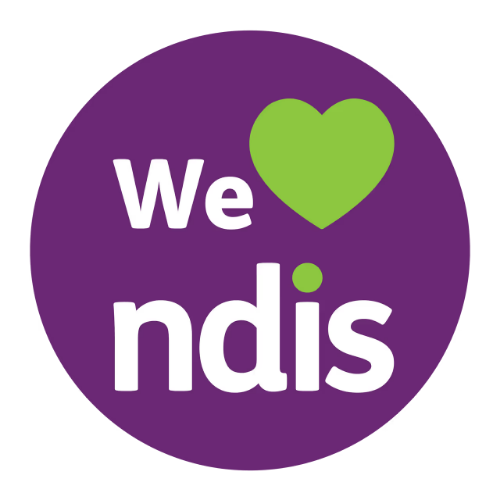Since it first formed, the NDIS has changed immensely. It can be challenging for those seeking its services to understand the eligibility and requirements. Who qualifies for an NDIS plan? Which disabilities does the NDIS support?
At Absolute Care & Health, we specialise in providing daily supports for those with an NDIS plan. Whether you need assistance with accessing the community, or with performing daily household tasks like cleaning, we can help.
List A: Conditions likely to meet requirements
To qualify for the NDIS, a participant needs to meet one of the following disabilities or conditions:
- Intellectual disability
- Autism
- Cerebral palsy
- Genetic conditions which result in permanent and severe intellectual and physical impairments
- Lyosomal storage disorders, such as Gaucher disease or Niemann-Pick disease
- Mucopolysaccharidoses like Hurler syndrome or Sanfilippo syndrome
- Patau syndrome
- Rett syndrome
- Spinal Muscular Atrophies
- Spinal cord or brain injuries resulting in paraplegia
- Permanent blindness
- Permanent bilateral hearing loss
- Deaf blindness
- Amputation
List B: Permanent conditions that require more assessment
There are some conditions which may require further assessment, these include:
- Some types of intellectual disabilities
- Chromosomal abnormalities such as Down syndrome
- Neurological impairment such as Alzheimer’s dementia or Parkinson’s disease
- Physical impairment like amputation
- Speech or hearing impairments
- A combination of the above
List C: Defined programs
Those who qualify for, and have been receiving services from, certain Victorian schemes will be able to access the NDIS. It will be easier for recipients of these programs, as generally they will not be required to provide further evidence of their disability. The Victorian schemes which pre-dated the NDIS, and whose participants will be able to apply for the NDIS, include the following:
- Individual Support Package (ISP)
- Disability Support Register (DSR)
- Therapy (complex therapy meeting guidelines under the Disability Act 2006 (Victoria)
For a full list of the schemes, visit the NDIS website. Many recipients of these schemes are already applying and transferring into an NDIS plan.
List D: Permanent impairment/Early intervention
Children who live with permanent impairments such as Down syndrome or Global Developmental Delay can access disability support services. No assessments are necessary. Parents can receive support through initiatives like the Carer Payment. All families need support financially, psychologically, and physically.
To access the NDIS, a participant must be aged less than 65, be an Australian citizen or hold a permanent via, and live in an area where the NDIS has been rolled out. Find out if you’re eligible to apply for the NDIS.
What happens next?
If you meet the access criteria outlined above, as well as the age and residence requirements, the National Disability Insurance Agency (NDIA) will assess your application. You can fill out the application yourself, or you can schedule an appointment with a Local Area Coordinator (LAC).
- Benefits of filling out your form yourself: You have complete control over your goals, and which supports you’d like to receive.
- Benefits of seeking help from an LAC: LACs have experience filling out forms, and understand the system. They can help you fill out your form correctly, and give you advice on which supports would be beneficial for your unique situation.
Getting support services
Once your plan has been approved, you can start receiving support services. It’s important to choose an NDIS provider who aligns with the goals outlined in your NDIS plan. When researching an NDIS provider, check to see if:
- It’s a registered provider
- The support team replies to your questions promptly
- There are positive reviews from NDIS participants
What supports does the NDIS not fund?
While the NDIS funds supports like assistance with daily activities, transport to participate in social events, and help with accessing education and employment, the NDIS will not fund supports such as:
- Anything not related to a person’s disability (such as food or rent)
- Is likely to cause harm to the participant or pose a risk to others
The NDIS can’t fund any supports that fall under the responsibility of another government system or community service.
Absolute Care & Health is a registered NDIS provider. Our friendly support team can help with things like personal daily care, nursing, and assistance getting to and from appointments. Get in touch with us today to find out more about how we can help you achieve the goals outlined in your NDIS plan.






